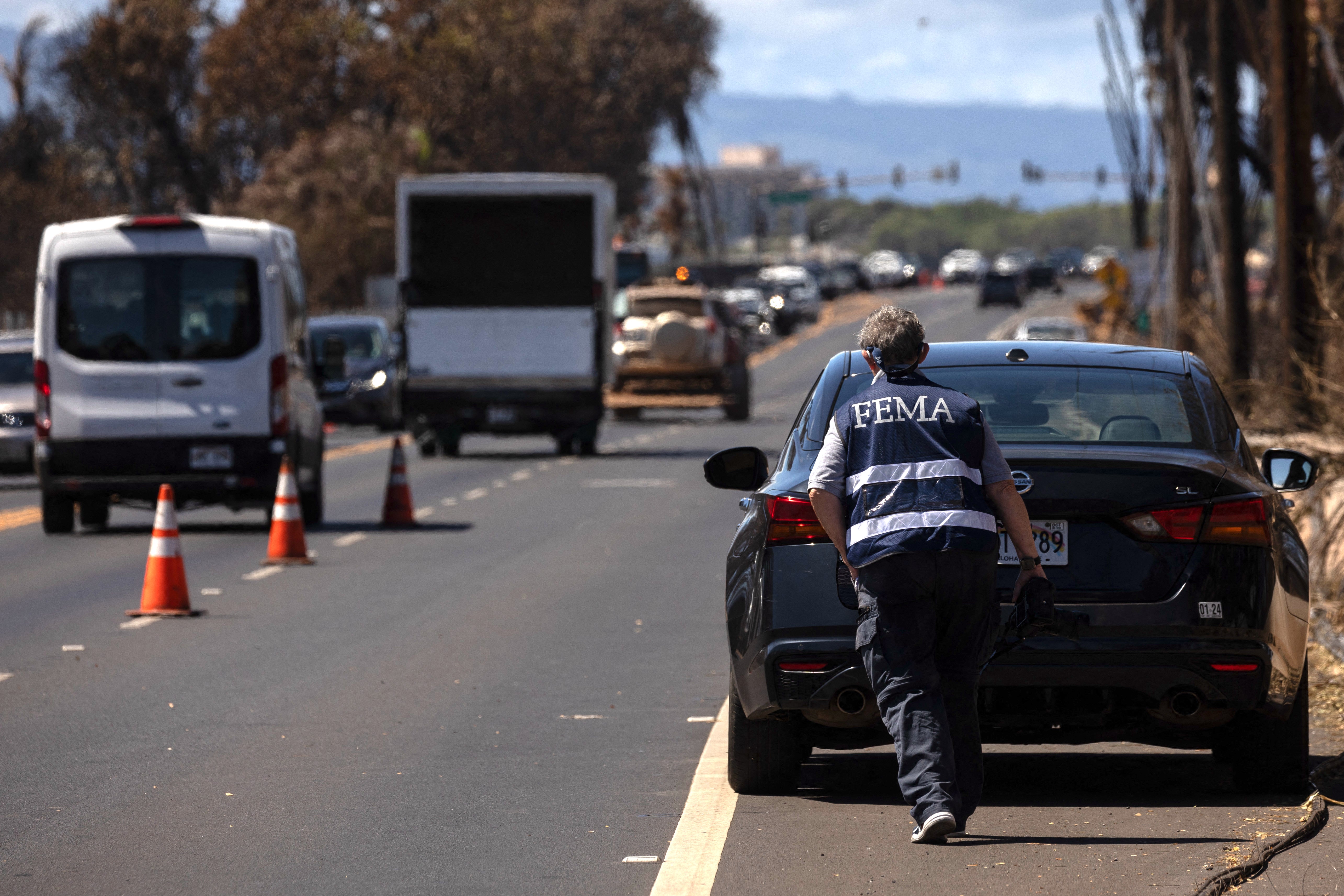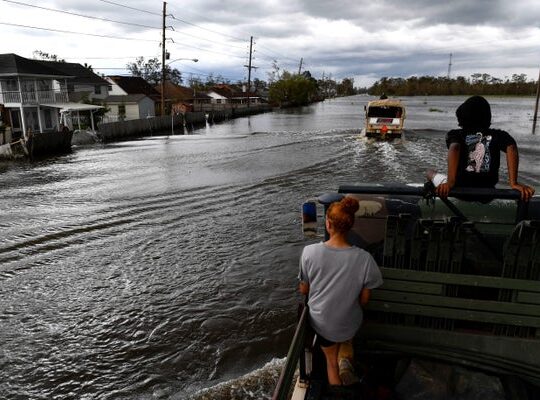[ad_1]

CLIMATEWIRE | The head of the Federal Emergency Management Agency warned Tuesday that a government shutdown would jeopardize FEMA’s ability to help people after disasters during the peak of hurricane season.
FEMA imposed emergency spending restrictions three weeks ago as its disaster fund dwindled to dangerously low levels. The Biden administration is asking Congress for $16 billion in emergency cash for the fund and an additional $20 billion for the fiscal year beginning Oct. 1.
But with both requests in doubt, the little money that’s left in the disaster fund “would be insufficient to cover all of our ongoing life-saving operations,” FEMA Administrator Deanne Criswell told members of a House Transportation and Infrastructure subcommittee.
“We would have to continue to reduce the scope of what it is that we are supporting in our operations,” she added.
Criswell’s remarks are her starkest warning yet about the fund’s depletion and its potential affects on the country.
In late August, FEMA stopped reimbursing communities for rebuilding projects such as road repairs and said it would provide money only for “critical response” that protects lives following recent disasters such as the Maui wildfires.
But stalled negotiations in Congress to approve both the administration’s emergency funding request and spending for fiscal 2024 raises concerns that FEMA’s disaster fund will run dry despite the spending restrictions.
“A lapse in appropriations for FEMA’s Disaster Relief Fund has an impact on everybody across this nation, from our ability to do life-saving actions in a number of places as well as ongoing recovery projects regardless of where they’re at,” Criswell said.
On Tuesday, House Speaker Kevin McCarthy (R-Calif.) delayed a vote aimed at averting a government shutdown because Republicans couldn’t agree on a short-term spending measure.
At the hearing Tuesday, Rep. Rick Larsen (D-Wash.) said FEMA has stopped paying for about 1,610 rebuilding projects since it restricted disaster spending on Aug. 30.
“I am very concerned about the lack of funding available to fight these disasters,” Larsen said.
Criswell urged Congress to approve both the emergency spending and a budget for 2024.
“It is vital that FEMA — and the American people — be able to tap into an adequately funded Disaster Relief Fund so that we can continue to respond as soon as disaster strikes,” Criswell said in her opening statement.
The spending restrictions do not prevent communities from undertaking projects to rebuild from disasters that occurred as long as a decade ago. But communities cannot be reimbursed by FEMA, she said, adding that smaller jurisdictions would be hit hardest.
“They’re not going to be able to continue some of the work because of cash-flow issues. They’ll need the reimbursement for these types of projects so they can continue the work,” Criswell said.
Reprinted from E&E News with permission from POLITICO, LLC. Copyright 2023. E&E News provides essential news for energy and environment professionals.
[ad_2]
Source link



 JEWISH DIGITAL TIMES
JEWISH DIGITAL TIMES








